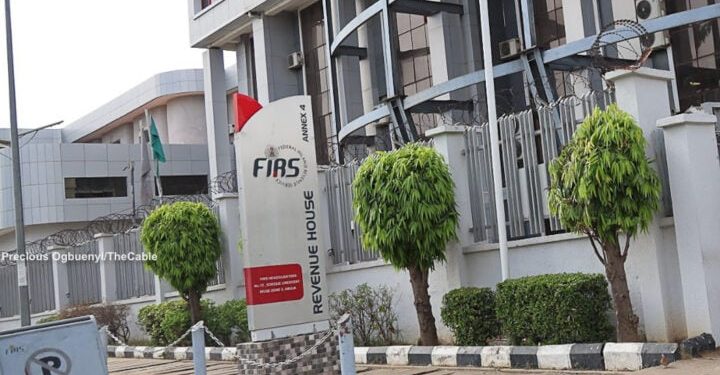The Federal Inland Revenue Service (FIRS) will shut down its information technology systems for three days, starting Friday, November 28, and ending Sunday, November 30, 2025. The agency said the disruption will affect all applications and IT infrastructure. It also apologised for the inconvenience, noting that services will return once the maintenance window closes.
The announcement comes shortly after FIRS held a public webinar to explain upcoming changes to corporate income tax rules for small companies. During the session, titled “Income Taxes: Expected Changes in 2026 and How to Stay Compliant,” officials stressed that many businesses still misunderstand the difference between a tax exemption and a zero-percent tax rate. They said the new rules will focus on improving compliance, even for firms that will not pay tax.
Kehinde Kajesomo, a Deputy Director at FIRS, explained that small companies will not pay corporate income tax from 2026, yet they must still compute their taxable income and file returns. He said the shift from a full exemption to a zero-percent rate means affected firms must go through the normal reporting process, even though their tax bill remains zero. According to him, this approach will help the agency track business activity more accurately and improve long-term transparency.
The IT downtime is widely seen as part of broader system upgrades ahead of these regulatory changes. The agency recently updated the definition of small companies. Firms now qualify if they earn up to N50 million in annual turnover and hold fixed assets worth no more than N250 million. These companies will pay zero percent tax, including on capital gains. Before the change, they were required to pay a 10-percent capital gains tax.
The upcoming maintenance window may slow down access to tax services for a short period, but FIRS believes the upgrades will help the agency manage the new rules more efficiently. Many businesses are watching closely, as the changes will shape how they file taxes, plan compliance, and prepare for 2026.























































